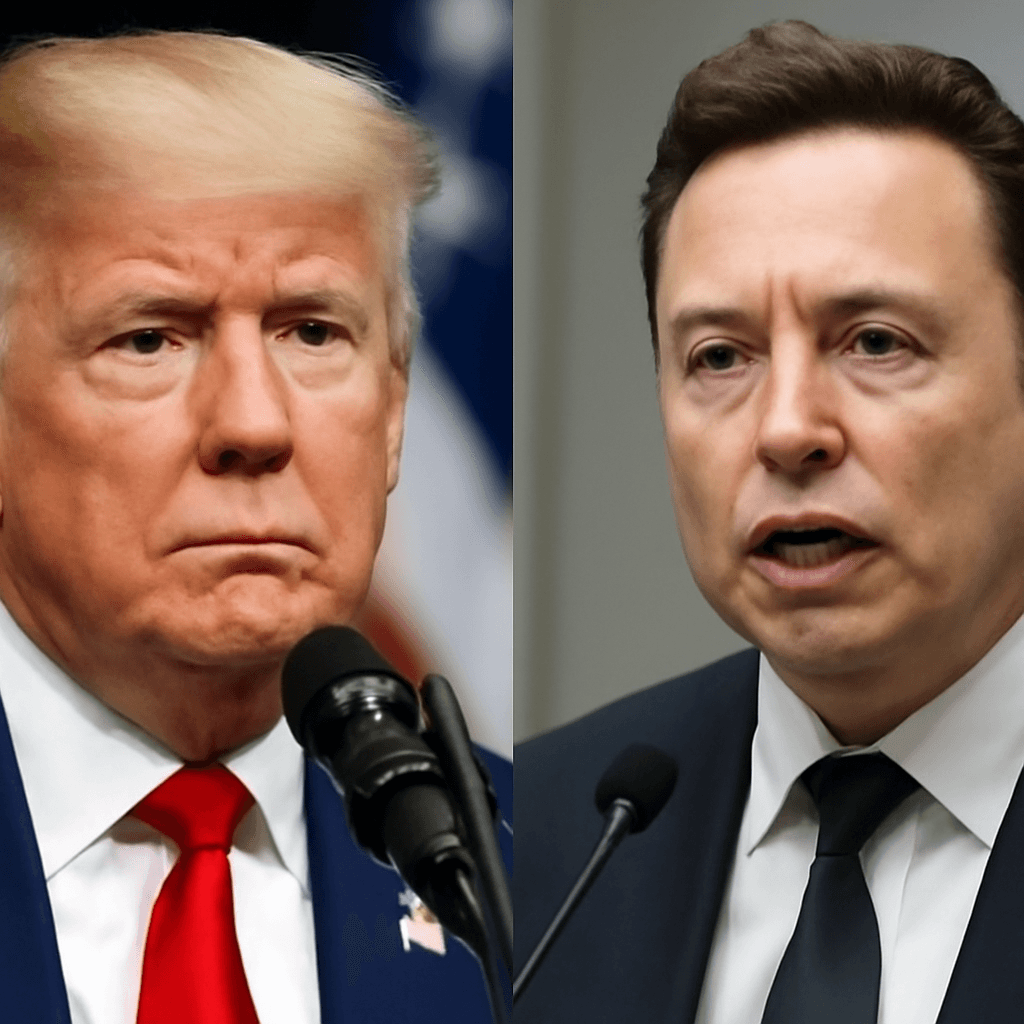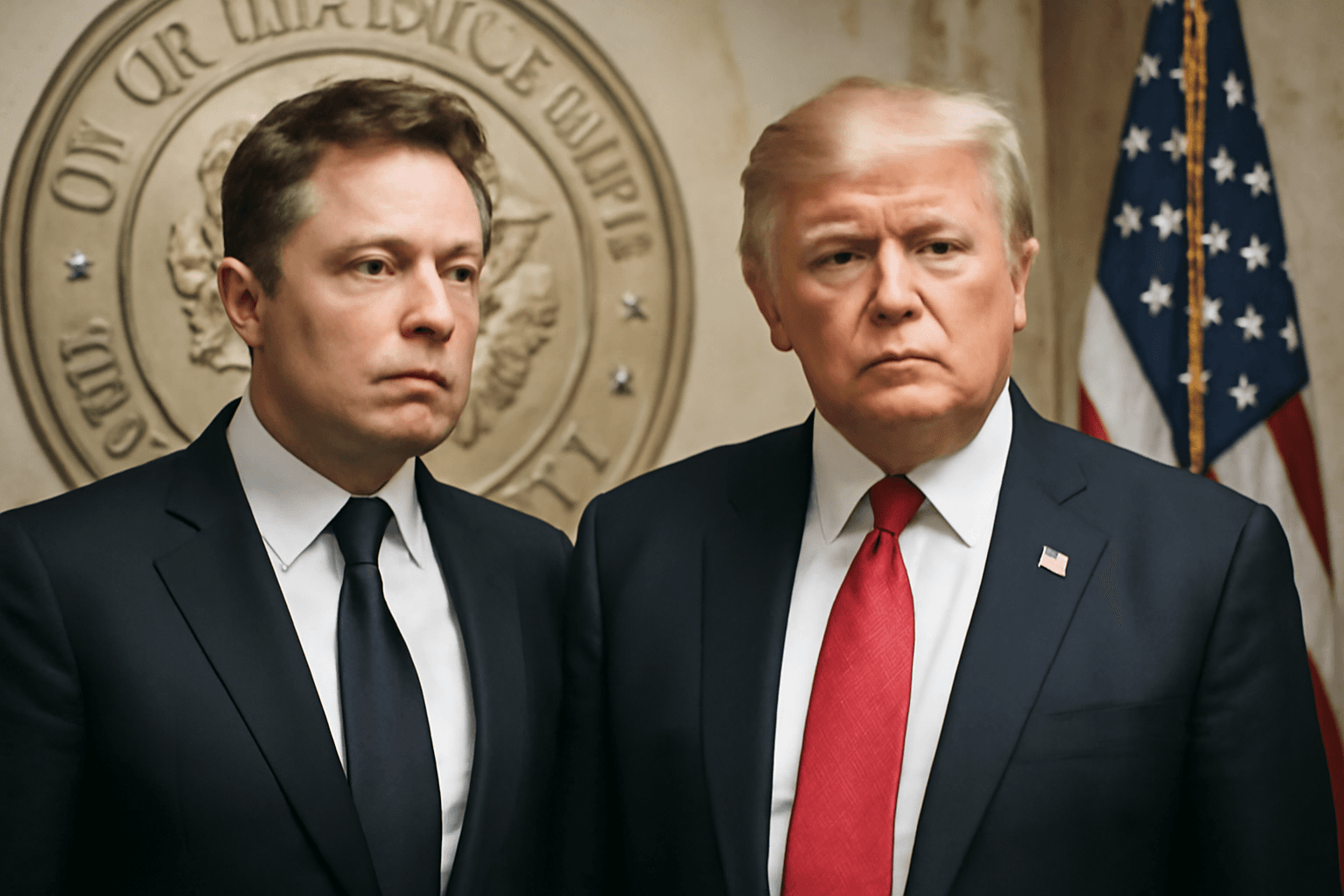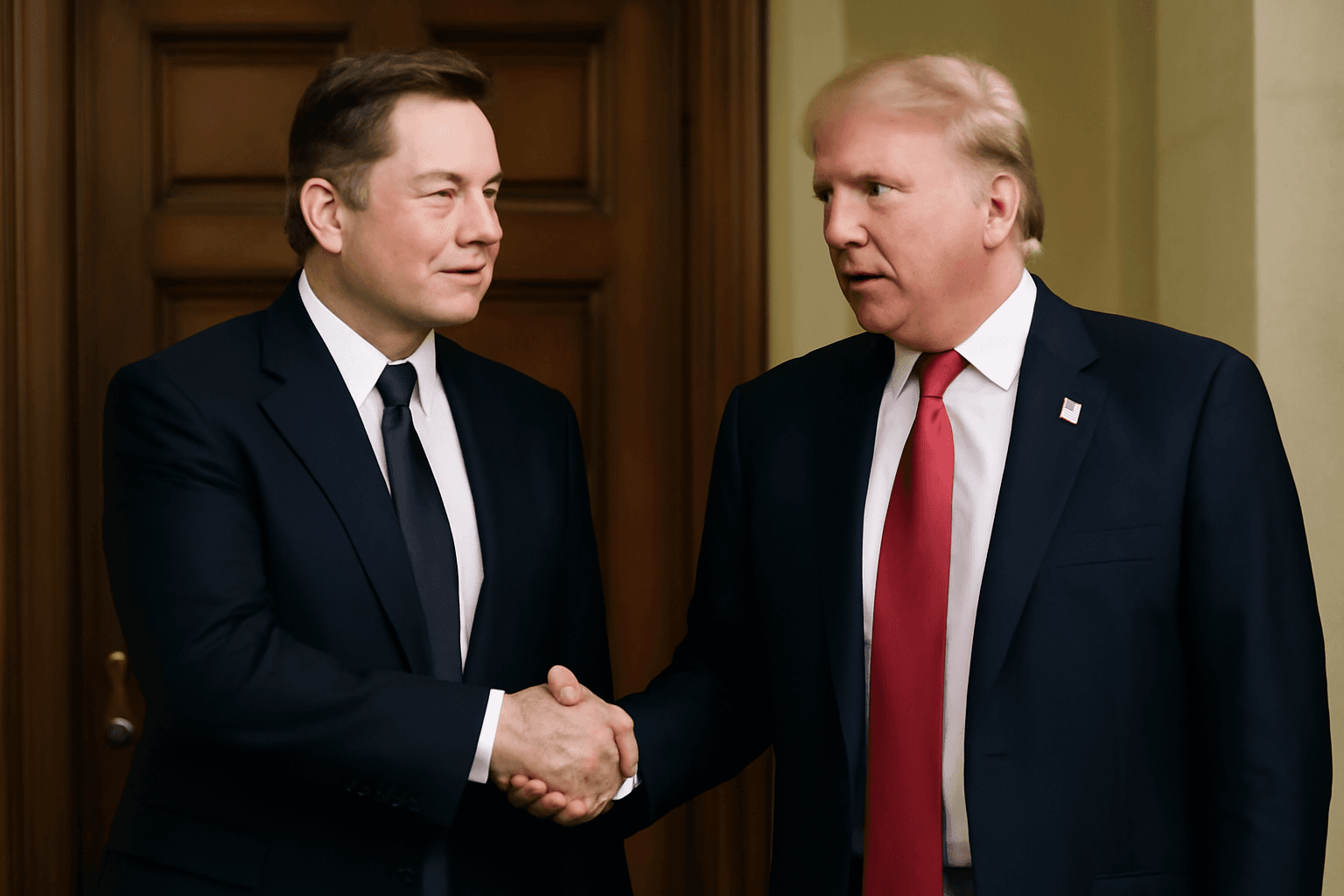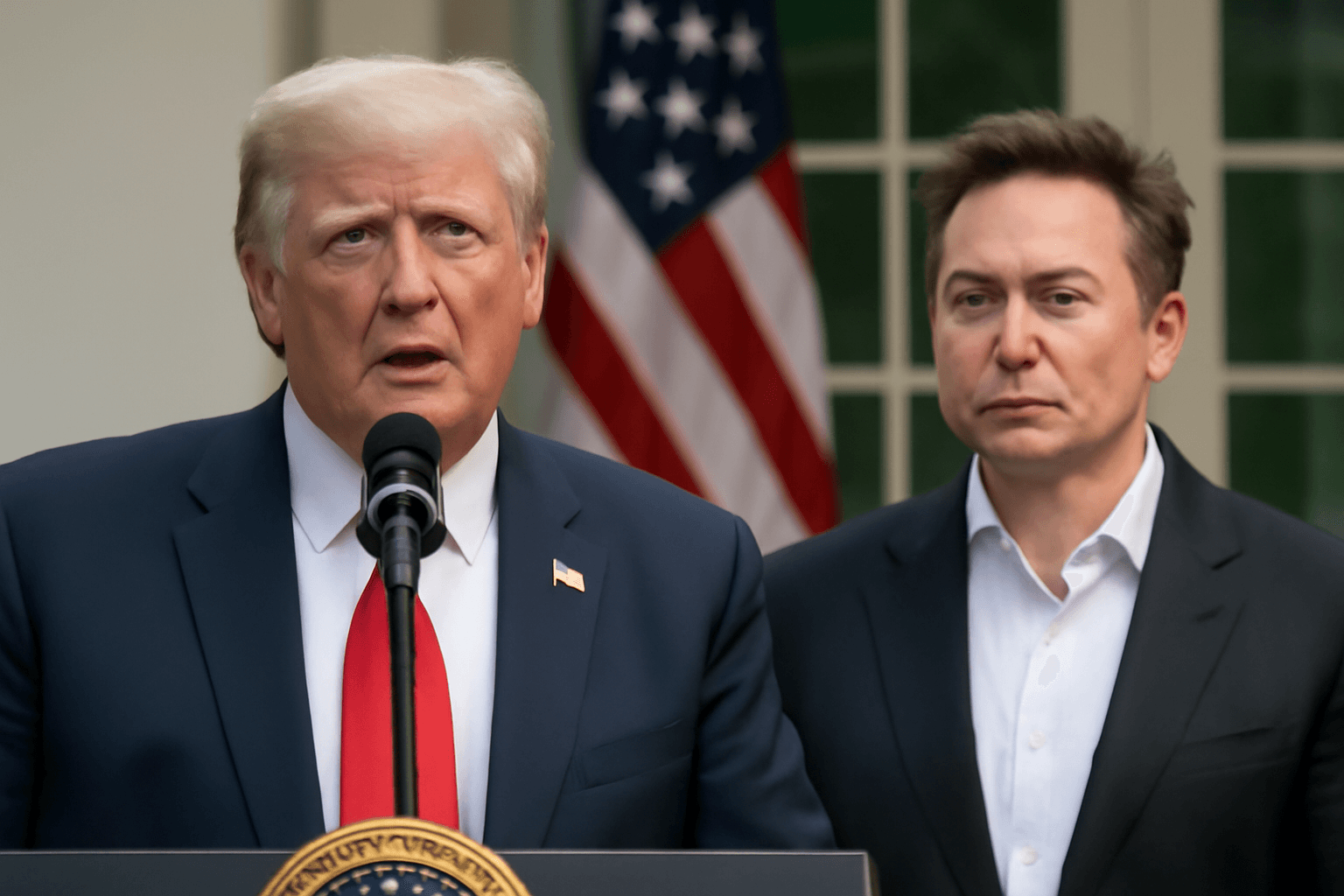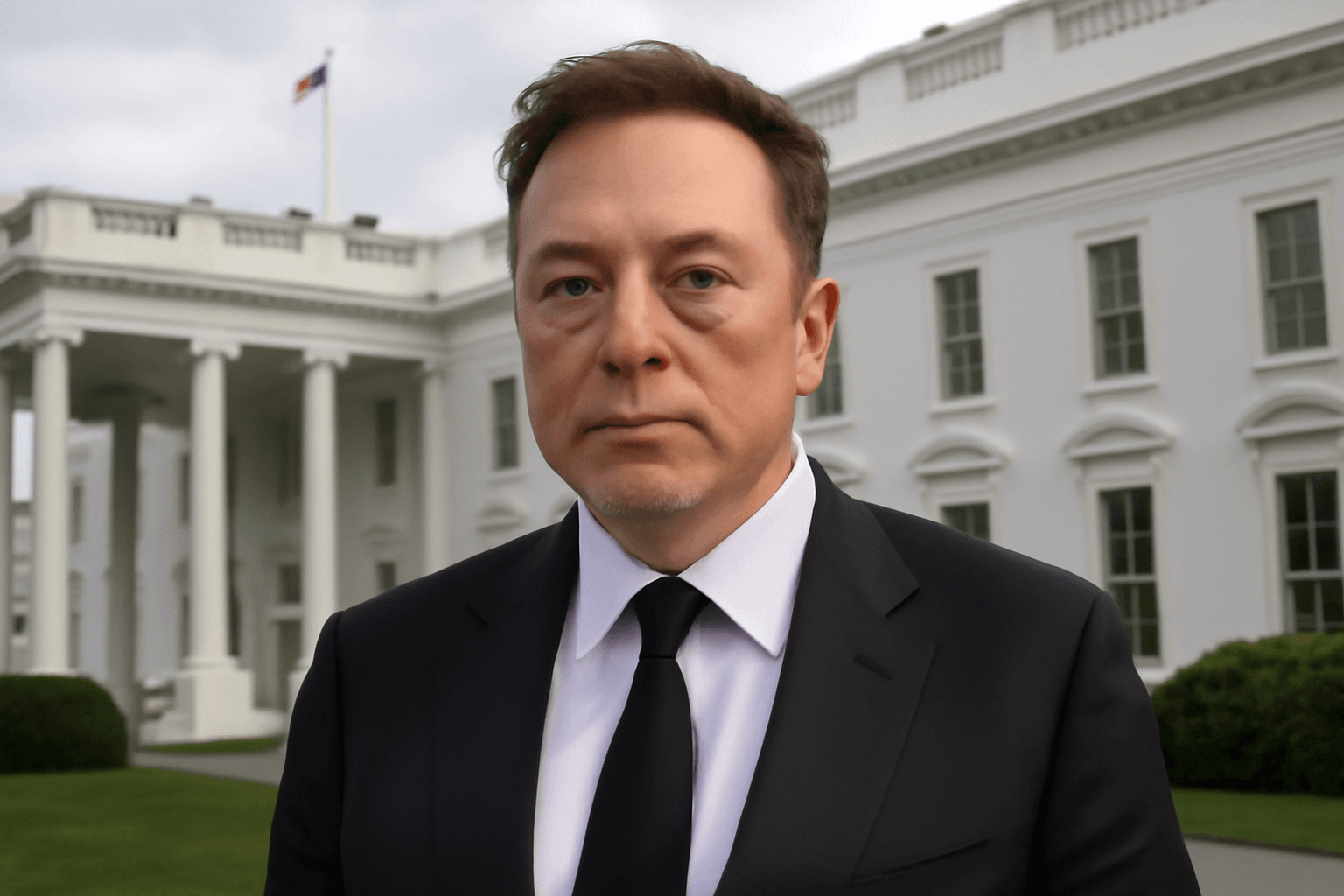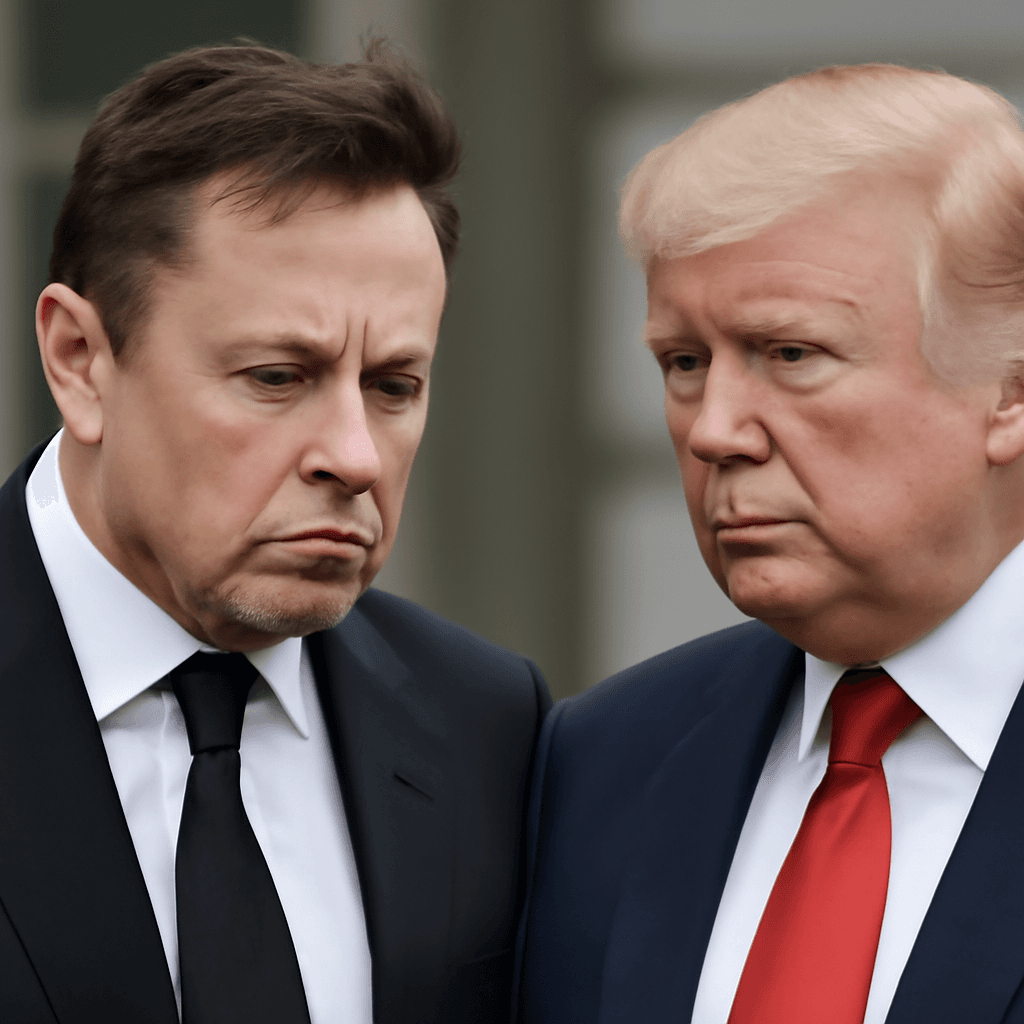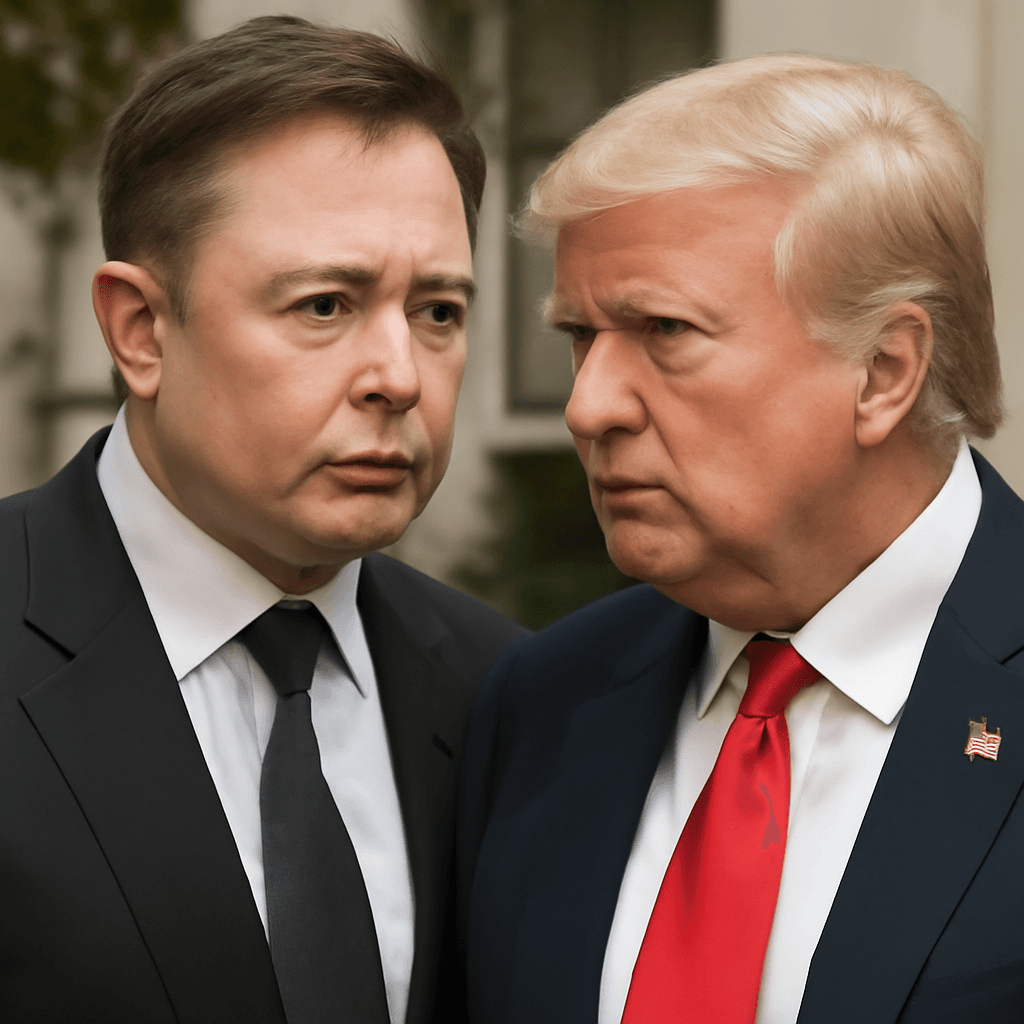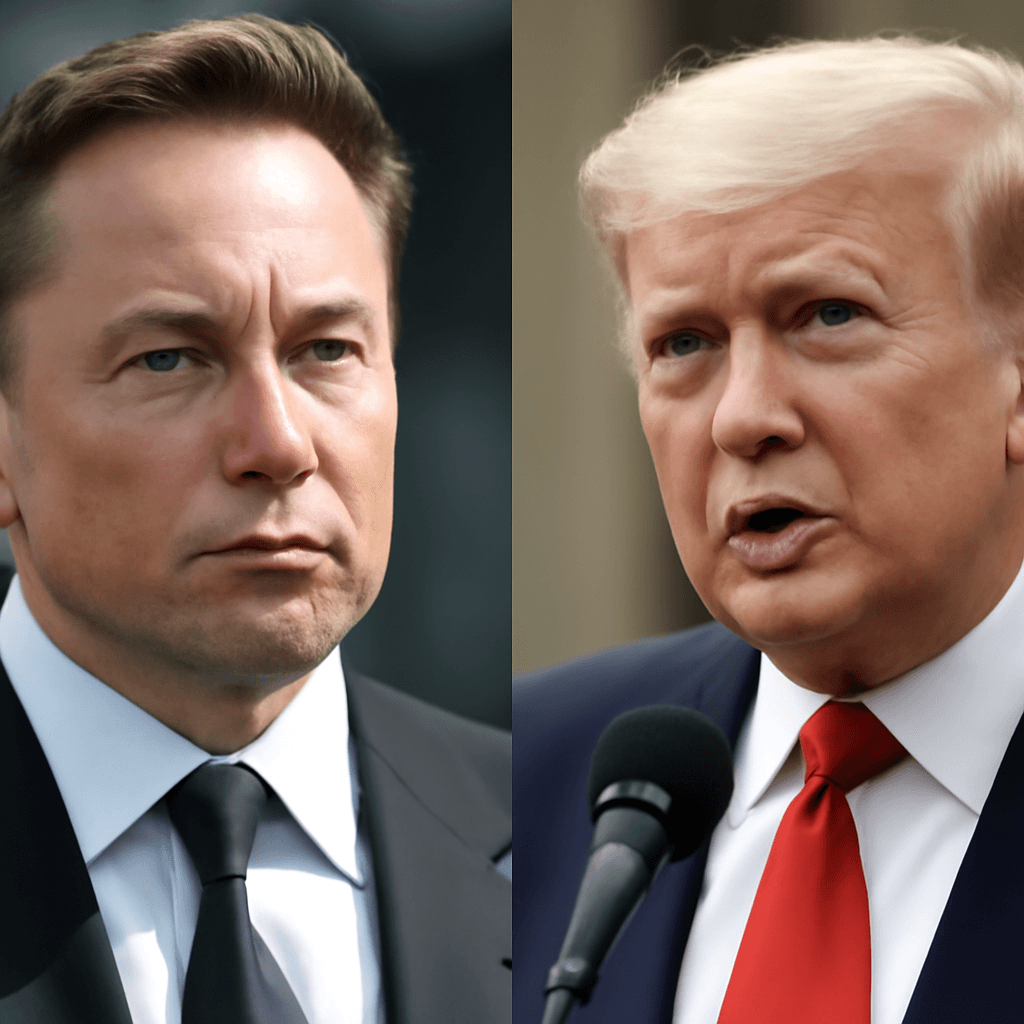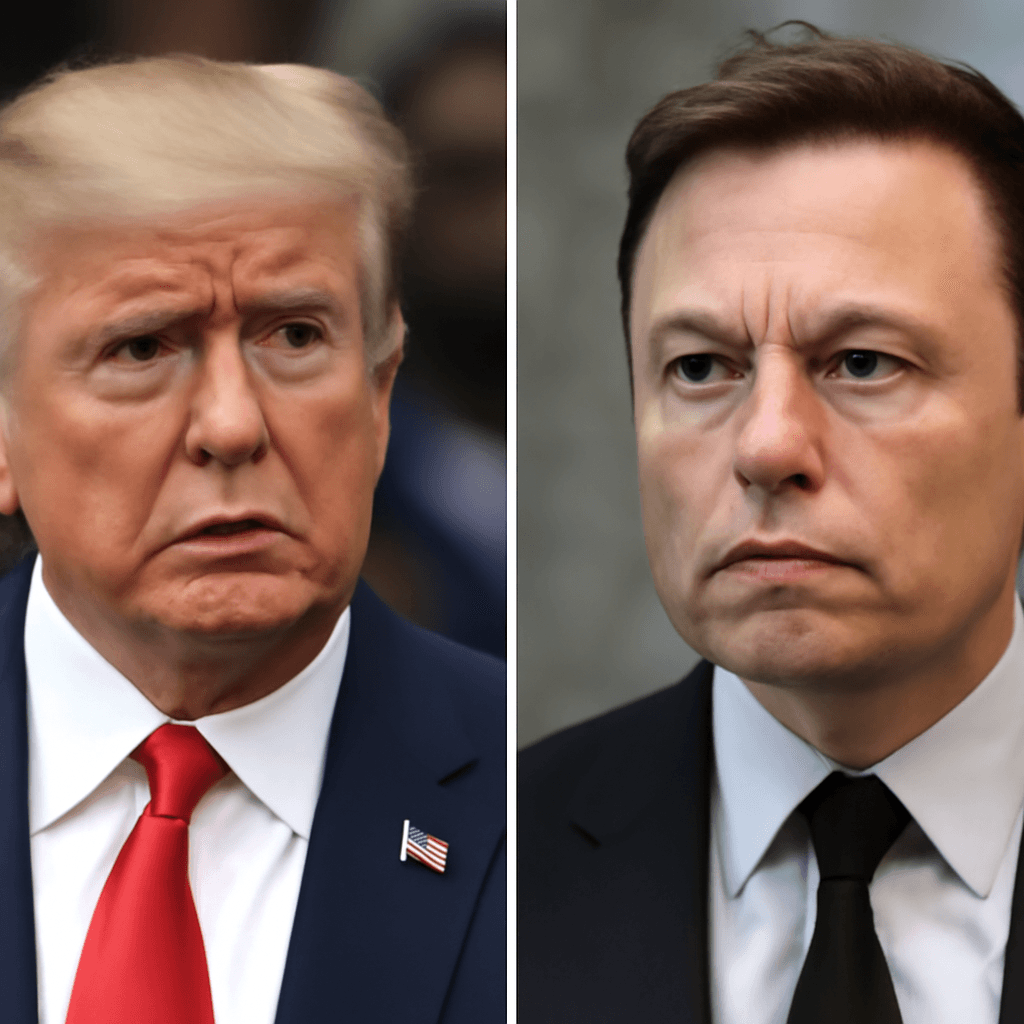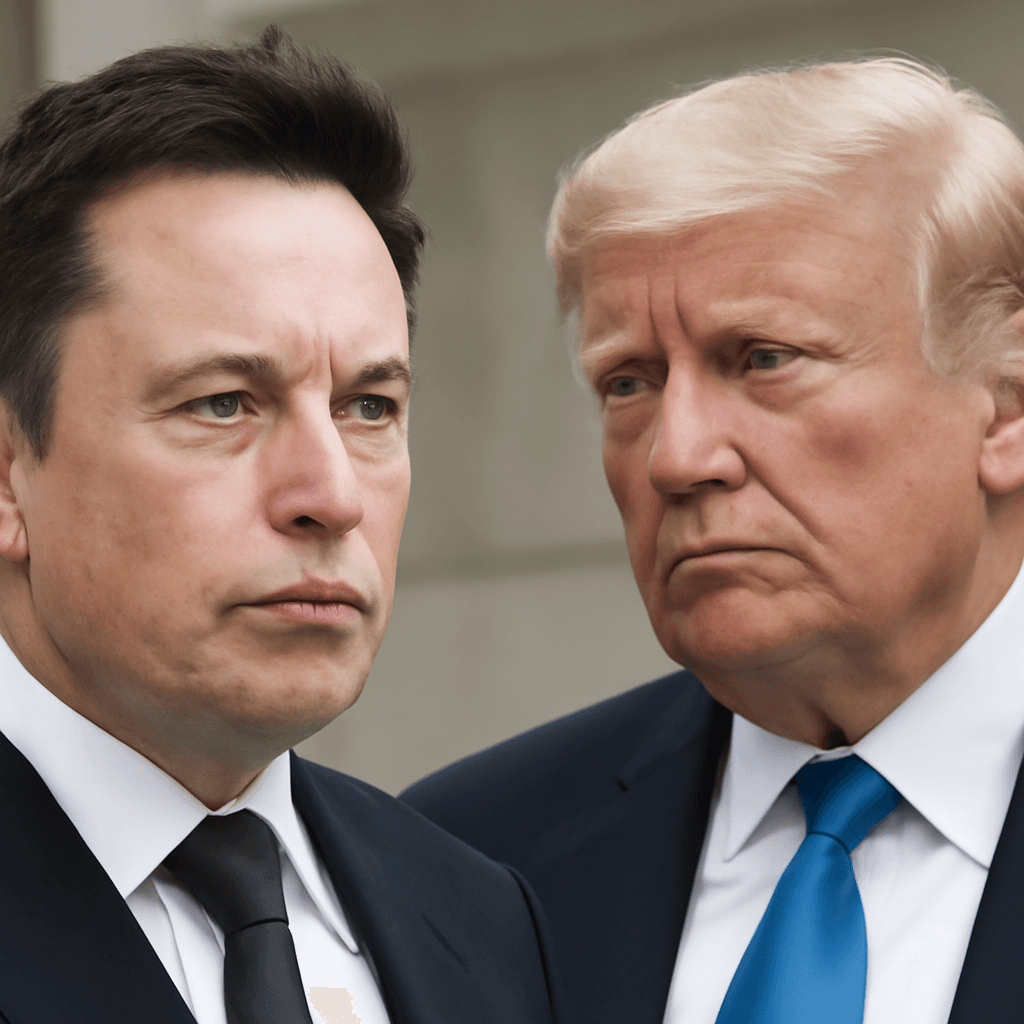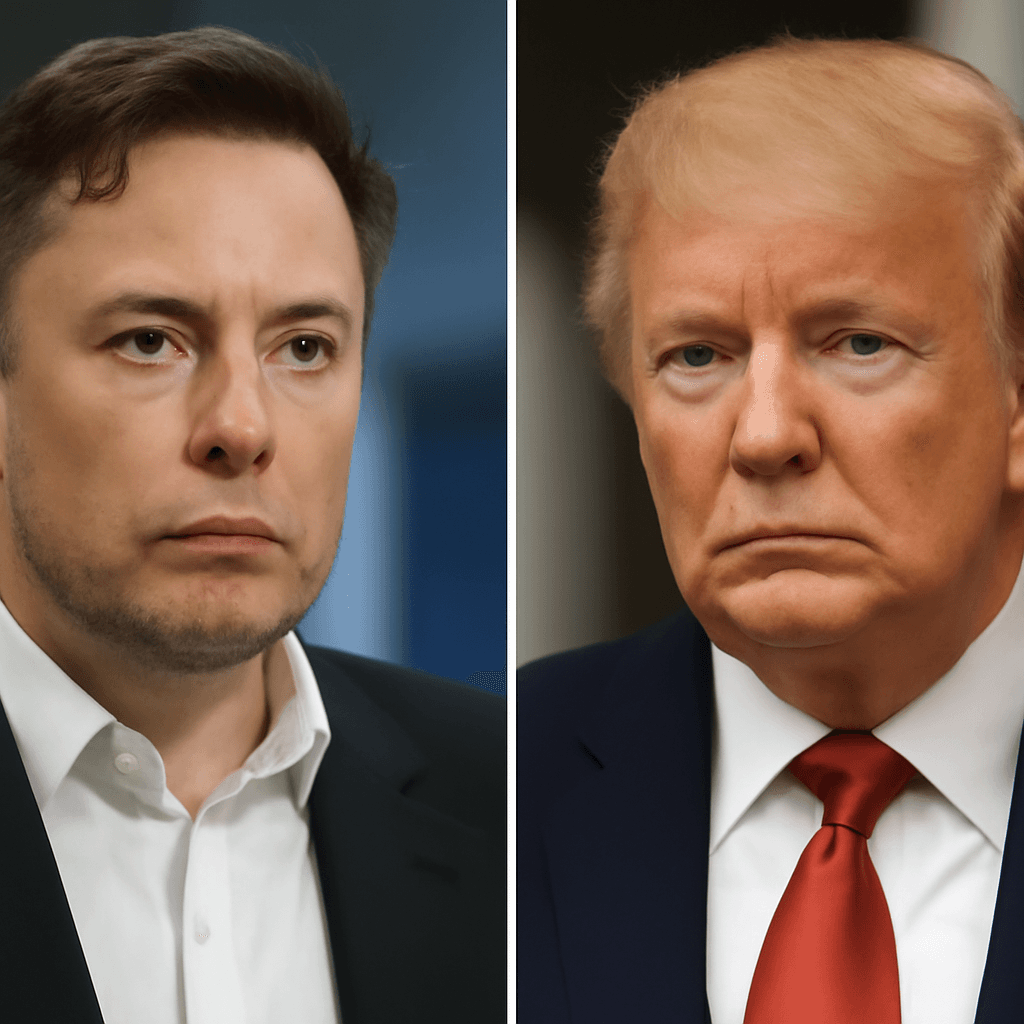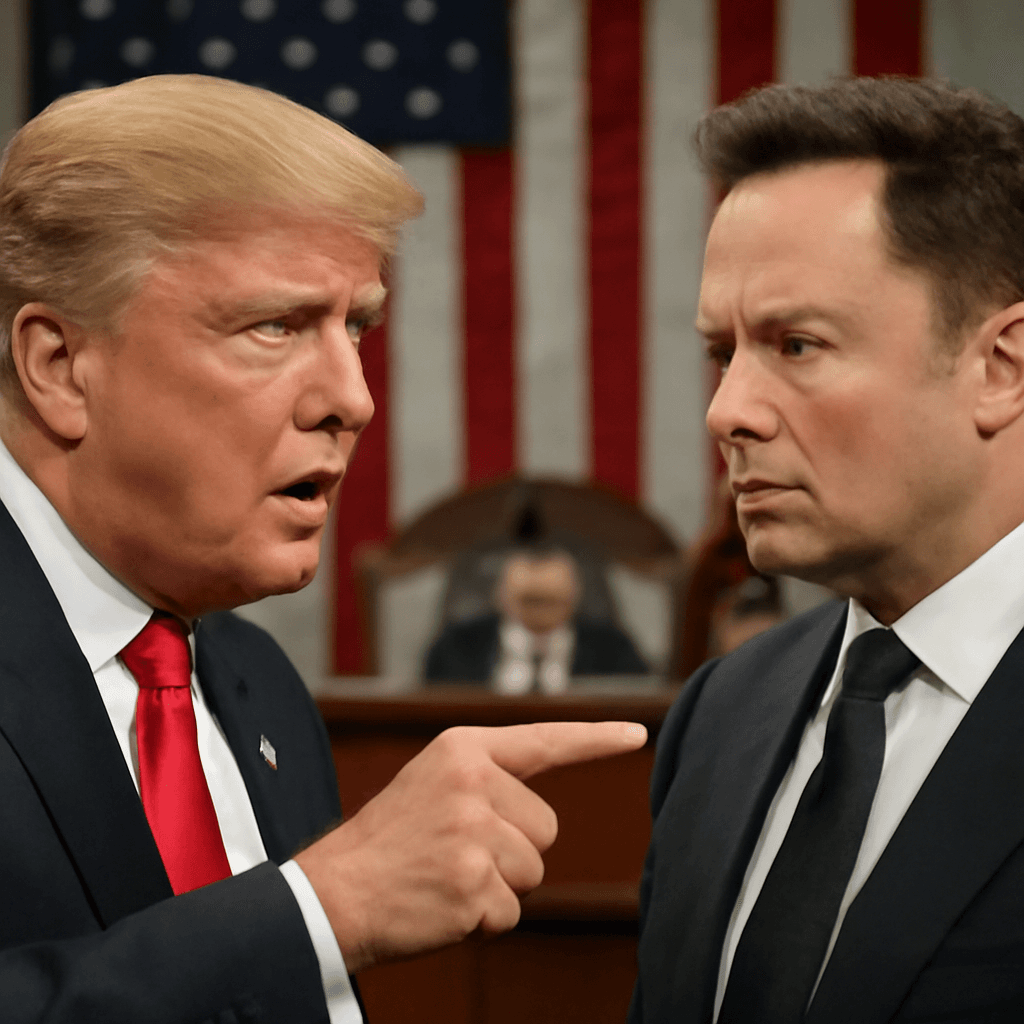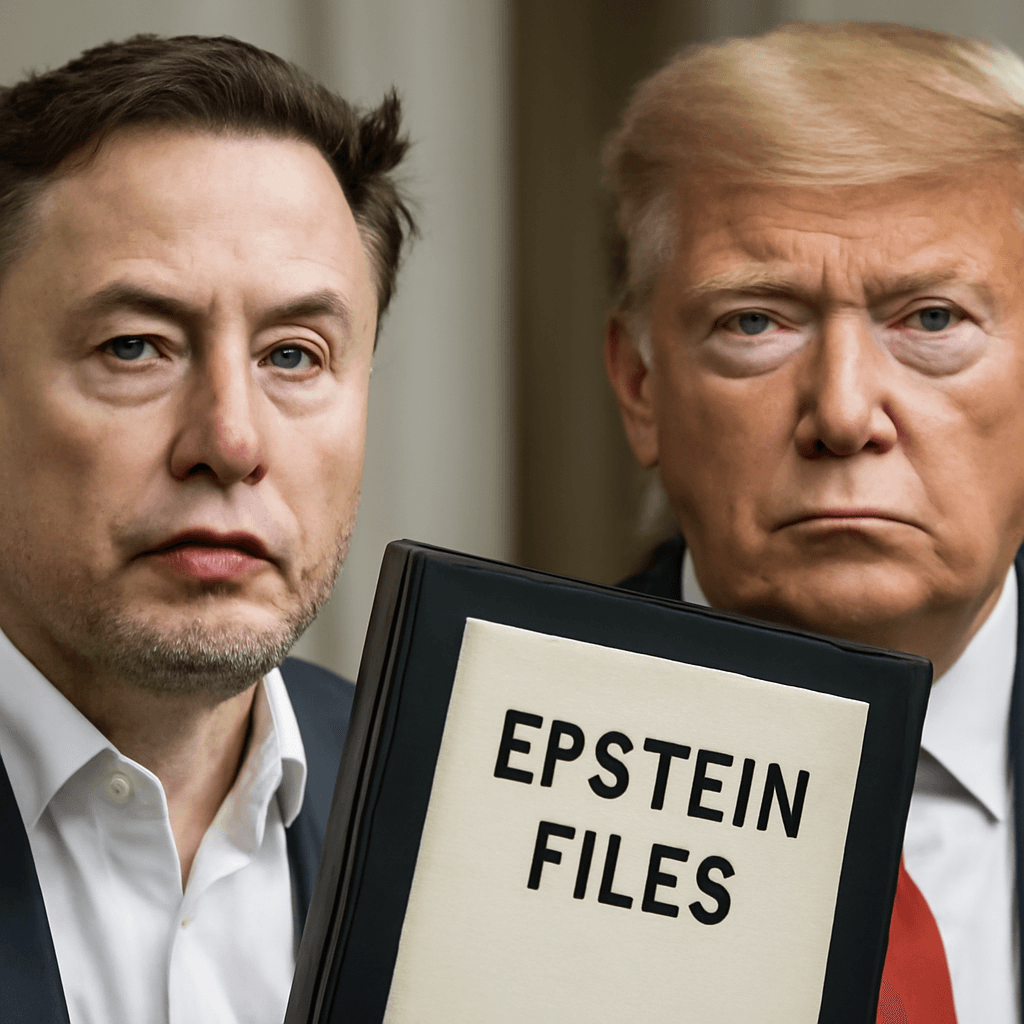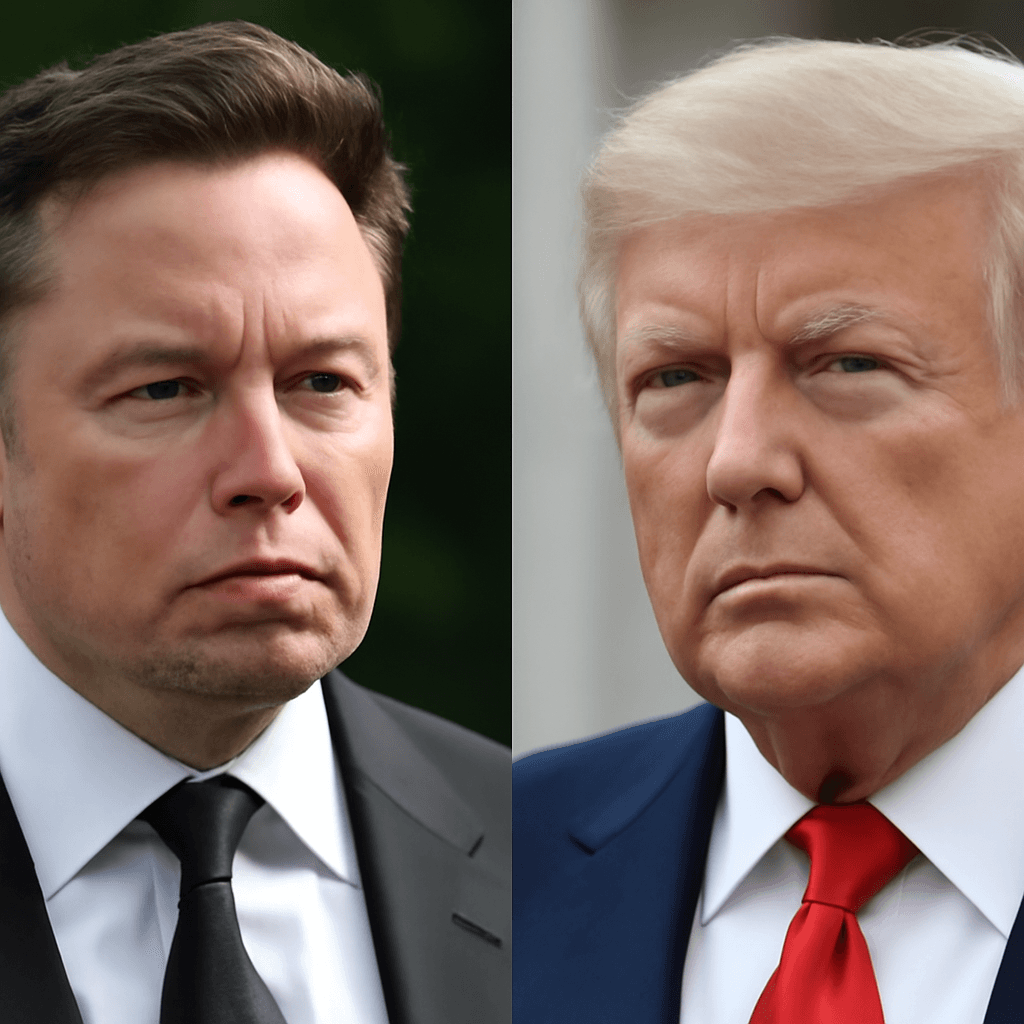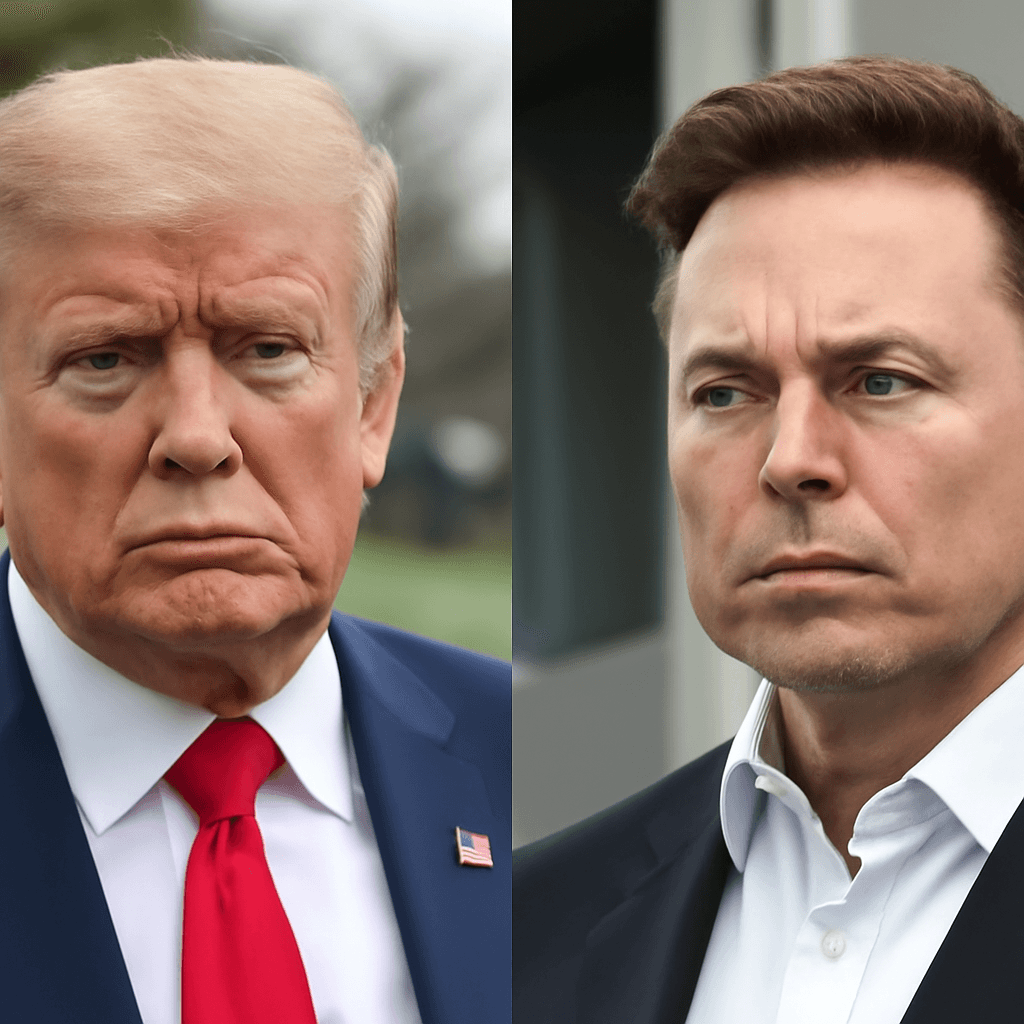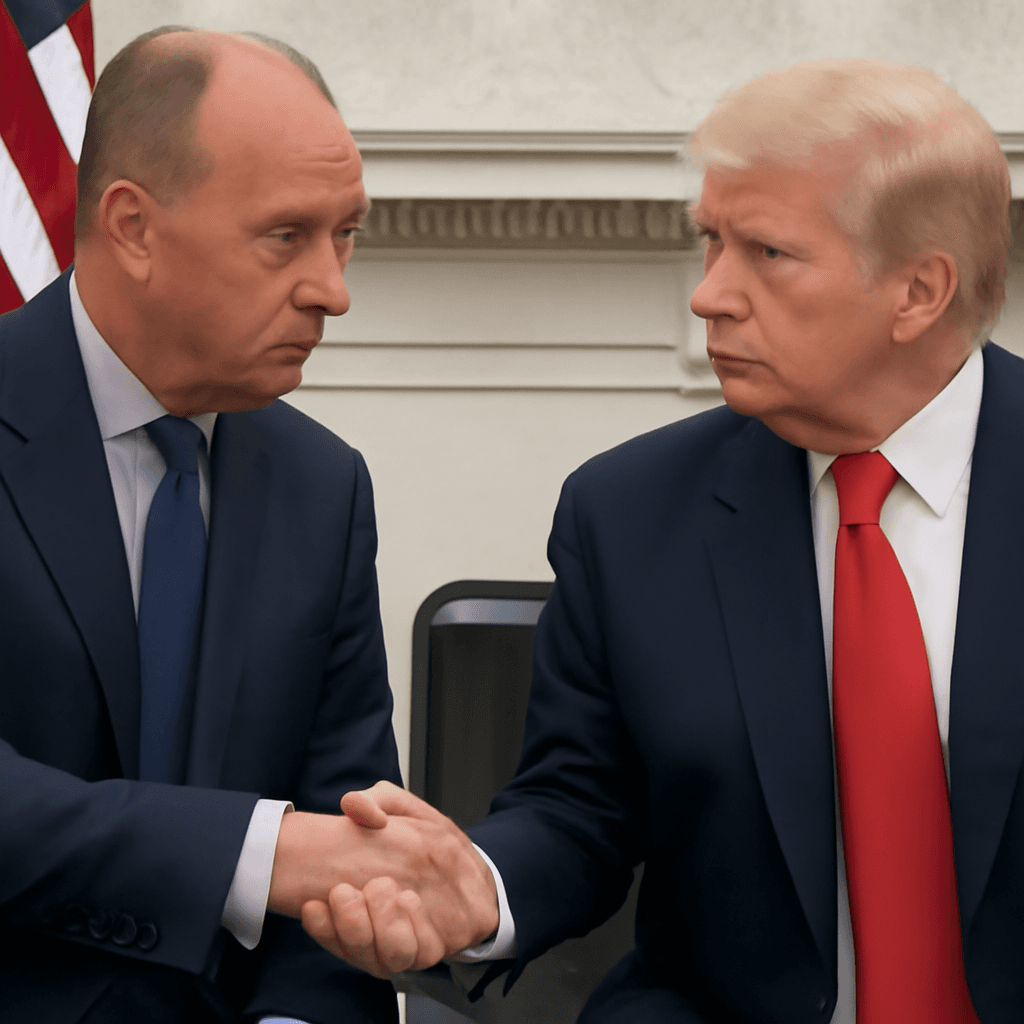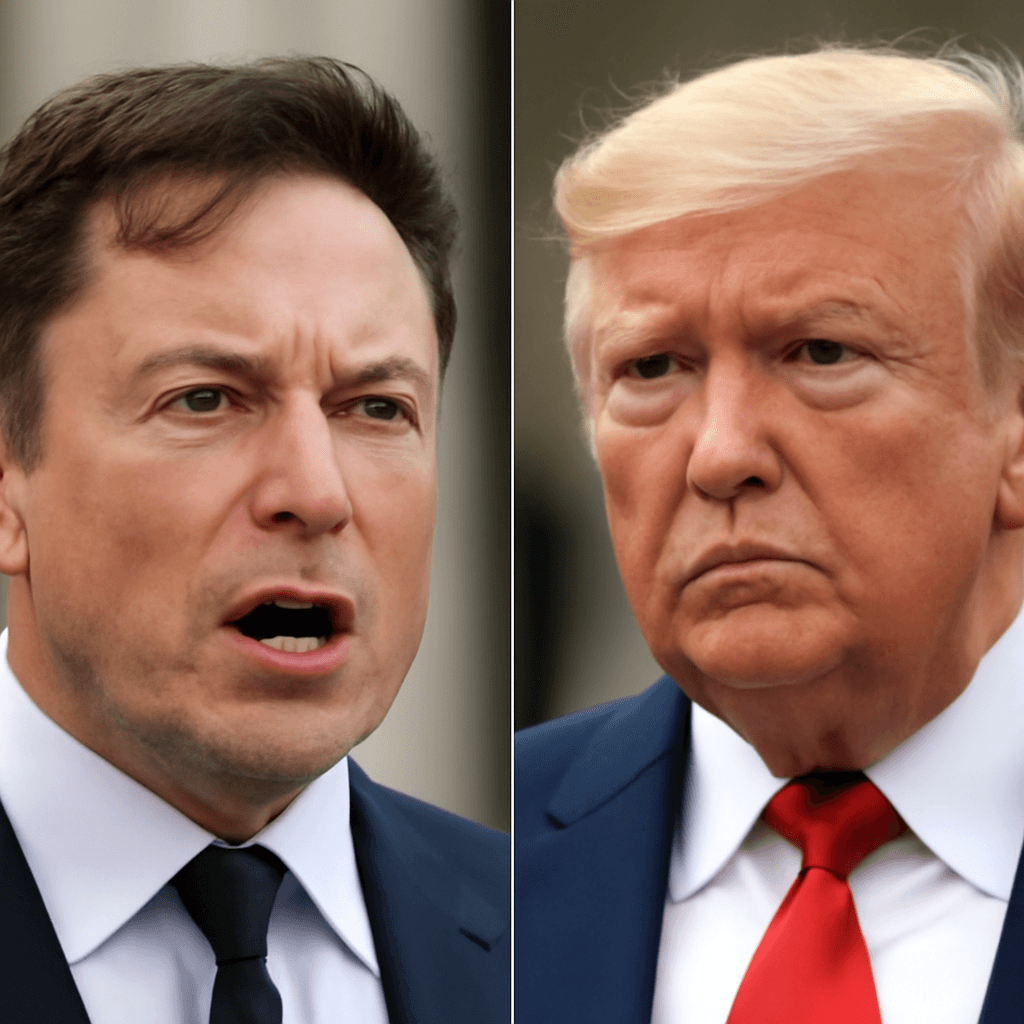Introduction to the Feud
The once cordial relationship between former President Donald Trump and tech billionaire Elon Musk has rapidly deteriorated into a highly public and contentious feud. What began as mutual admiration quickly shifted into a series of sharp criticisms, threats regarding government subsidies, and explosive allegations involving controversial political figures.
Initial Praise and Underlying Tensions
Just days prior to the escalation, Trump publicly praised Musk during an Oval Office farewell, lauding him as one of the world’s greatest innovators. Musk reciprocated by pledging continued support as an adviser despite stepping back from his government role. However, beneath this seemingly amicable exchange, tensions related to policy differences and budget priorities were mounting.
Musk’s Critique of Trump’s Budget Bill
Musk vocally criticized Trump’s proposed Congressional budget bill, describing it as a “massive spending bill” that would increase the federal deficit and undermine government efficiency. On social media, Musk harshly called the bill “a disgusting abomination” and condemned lawmakers who supported it, urging voters to remove them in the next election cycle. Although Musk refrained from direct personal attacks initially, his comments were widely interpreted as veiled criticism of Trump’s leadership.
The Feud Intensifies and Turns Personal
The situation escalated when Trump, speaking to international leaders, expressed disappointment in Musk and questioned the future of their relationship. Social media exchanges grew increasingly hostile, with Musk crediting himself for Trump’s previous electoral success and dismissing Trump’s responses. Trump retaliated by asserting that he had asked Musk to leave his government role due to policy disagreements affecting Musk’s companies, particularly Tesla.
Threats Over Government Subsidies
Trump threatened to cut billions of dollars in government subsidies to Musk’s ventures, sparking further conflict. In turn, Musk announced the decommissioning of SpaceX’s Dragon spacecraft, a significant component of NASA collaborations, as a direct response to the threats against his contracts.
Explosive Allegations and Political Implications
Musk dramatically accused Trump of being linked to the controversial Jeffrey Epstein files, suggesting this as the true reason for their secrecy. While no evidence was presented, the claim added a new and volatile dimension to the feud.
Trump responded by reinforcing his support for the budget bill and criticizing the timing of Musk’s betrayal. He emphasized the bill’s importance in preventing significant tax increases and maintaining economic stability.
Economic Policy Disputes
Musk also challenged Trump’s tariff policies, warning that they might trigger a recession within the year. This aligned Musk with fiscal conservatives and global economists wary of protectionist trade strategies.
Support for Impeachment and Successor Suggestion
In a surprising political shift, Musk endorsed the idea of impeaching Trump and suggested Vice President JD Vance as a suitable replacement. This marked a definitive break from their previous alliance and stunned conservative observers.
Broader Significance and Outlook
The rapid collapse of the Trump-Musk alliance has reverberated across political and technological spheres. With Trump preparing for another election cycle and Musk’s substantial influence in technology, media, and space exploration, this feud carries potential implications for future U.S. policy and private-sector government collaboration.
- Trump praised Musk as a top innovator during a farewell event
- Musk condemned Trump’s budget proposal as fiscally irresponsible
- Public accusations escalated to allegations involving Epstein files
- Threats of subsidy cuts met with SpaceX’s decommissioning announcements
- Musk endorsed Trump’s impeachment and a replacement candidate

